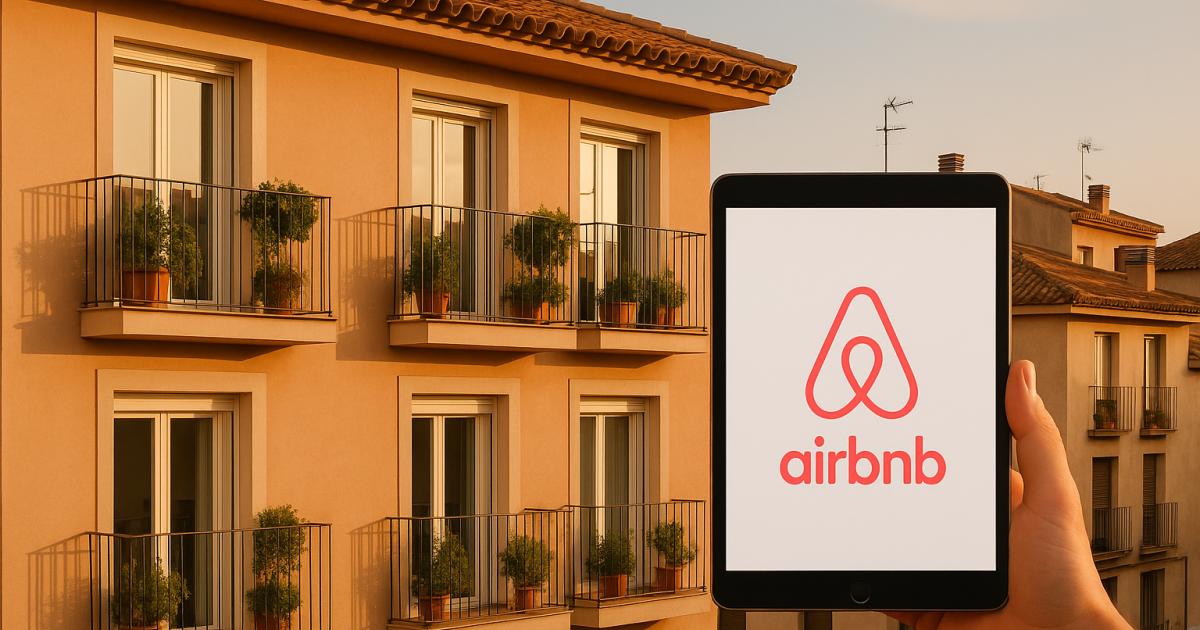
New SEDE registry in Spain - mandatory for all landlords from July 1, 2025
News/
As of July 1, 2025, a new regulation will take effect in Spain for all property owners offering short-term rentals - both vacation and seasonal (more than 10 nights). A *national SEDE registry will be introduced, to which owners will have to report their properties before they publish them on platforms such as Airbnb, Booking.com, Facebook or their own website.
What is the SEDE registry?
The SEDE Registry (official name: Registro Estatal de Viviendas de Uso Turístico y de Temporada) is a centralized database that will list all short-term rental properties in Spain. The system was created in response to the rapid growth of the tourist and seasonal rental market.
Who needs to register?
The obligation applies to:
- owners of apartments and houses offering short-term rentals,
- individuals and companies,
- regardless of whether the rental is one-time or regular,
- even if the property is only rented for a few weeks a year.
What needs to be done? Step by step
- Go to the Ventanilla Única Digital (VUD) platform, the official digital administrative “window” of the Spanish government.
- Log in with a digital certificate (Certificado Digital) or the Cl@ve system.
- Fill out the registration form:
- Owner details,
- Property data,
- Address, cadastral number, area, number of rooms,
- Rental type: tourist, seasonal or both.
- Attach the required documents (depending on the autonomous community, these may be:)
- Tourist license (if required regionally),
- Consent of the housing community (if needed),
- Statement of compliance with standards.
- You will receive a unique registration number - it will be required for publication of the ad.
- Place the number in ads - on Airbnb, Booking, Facebook, your own website, etc.
- Update data every 12 months and submit an annual activity report through SEDE.
What is the penalty for not registering?
- Platforms are required to remove ads without a registration number within 48 hours.
- Threats of administrative sanctions - depending on the region - can amount to thousands of euros.
Why was this introduced?
- Increasing transparency in the rental market.
- Protecting the local housing market from an excessive influx of tourist rentals.
- Better enforcement of sanitation and safety regulations.
- Leveling the playing field between owners and digital platforms.







